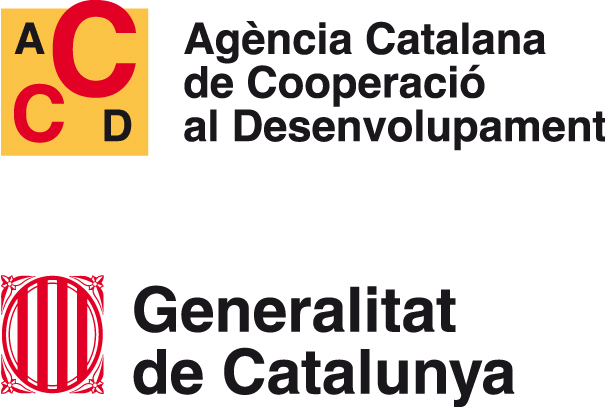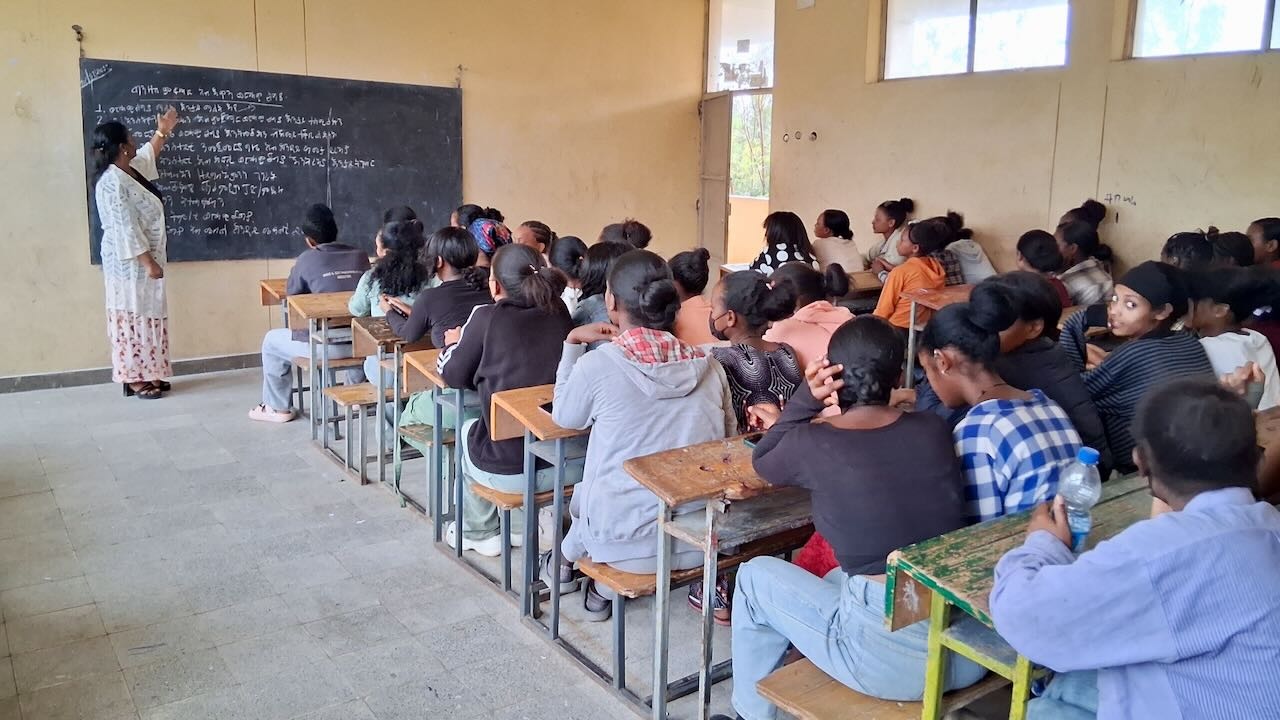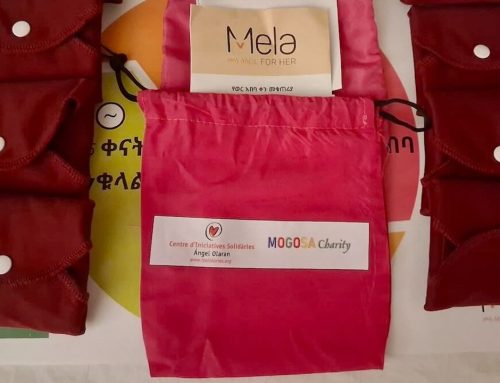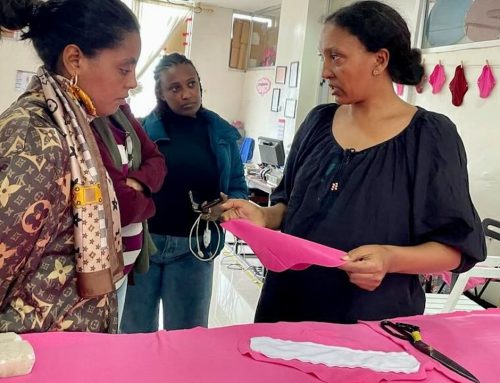Breaking Taboos: How Menstrual Education Is Changing the Lives of Adolescent Girls in Wukro, Ethiopia
After three years without school due to the pandemic and armed conflict, the classrooms of Wukro are once again full of life. But for hundreds of adolescent girls, returning to their studies comes with an added challenge: menstruation remains a taboo and a cause of school absenteeism. That’s why we must keep breaking taboos: how menstrual education is changing the lives of adolescent girls in Wukro, Ethiopia.
Menstrual poverty — the lack of access to hygiene products and adequate information — leads many girls to miss school during their periods. In fact, it’s estimated that between 19% and 68% of Ethiopian girls stay home regularly when they have their period, out of shame or because they lack sanitary pads. These repeated absences result in academic setbacks and even school dropout, with increased risks of early marriage and teenage pregnancy. In response to this reality, the project in Wukro aims to ensure that menstruation is not an obstacle to girls’ education. 📚✨
Training and Awareness in the Classroom
To tackle taboos, we have integrated menstrual education into Wukro’s schools. The project began by training female trainers and teachers in Menstrual Health and Hygiene (a Training of Trainers or TOT course). Thanks to this training, teachers have learned how to speak openly and respectfully about menstruation in the classroom. Interactive workshops are held where girls can ask questions, share doubts, and better understand their bodies. Visual and dynamic materials are also used to explain the menstrual cycle, basic hygiene practices, and how to use reusable sanitary pads correctly. Addressing a taboo topic in the classroom is revolutionary: it helps dismantle myths (like the idea of “impurity” during menstruation) and normalizes the fact that menstruation is a natural part of girls’ lives.
We have also involved the entire educational community. Girls’ clubs have been created in schools—safe spaces where students can support one another and continue learning about menstrual health together. These sessions have helped them understand that menstruation is not a source of shame, but a natural process they can manage with confidence. Even the boys have shown curiosity and have been included in some awareness talks, so they too can understand the process and respect their female classmates. 💡 When young people participate, a culture of understanding and support is fostered—one that benefits everyone.
More Confident and Empowered Girls
The impact of bringing menstrual education to Wukro’s schools is immediately visible. “I used to be so embarrassed when I got my period in class; now I know what to do, and I no longer panic,” says a 14-year-old student. Thanks to the training sessions, girls now understand their bodily changes better and know how to take care of themselves. They’ve learned tips to ease menstrual cramps and maintain good hygiene, even in resource-limited environments. They also know they can count on the support of teachers and classmates if something happens—like a stain on their clothes. They no longer hide; they ask for help without fear.
This shift in attitude translates into better attendance and greater participation. School principals report a significant drop in menstruation-related absences. They see students more focused and with higher self-esteem. When a girl knows she won’t have to stay home every month, she can plan her studies normally and dream big: they want to be nurses, teachers, engineers—anything! 💪 In short, they are reclaiming lost time and making the most of their classes, no longer held back by their periods.
“Our students now talk openly about menstruation and support each other. I’ve noticed a before and after: they come to school calmly, even during their periods, and that shows in their smiles and their results,” explains a teacher at the Wukro school.
Naturally, challenges remain. The lack of running water in some schools and the absence of proper toilets are ongoing issues we’re addressing in collaboration with local authorities. Even so, the conversation has already changed: today, menstruation is discussed in science and homeroom classes, in parent meetings, and even in community groups. The emotional connection created has been profound. When a girl shares her experience and sees she is not alone, a support network is formed—one that didn’t exist before. This network is key to empowerment: the girls of Wukro know their dreams matter and that, with education and resources, they can achieve them despite any obstacle. ✨
🙌 Call to Action
With your help, we can bring menstrual education to more schools in Wukro and across Tigray. Contribute now so that no girl has to miss class because of her period. Make a donation to the project Empowerment of Girls, Adolescents, and Women in Wukro, Tigray (Ethiopia) and help break the taboo!
With the collaboration of









